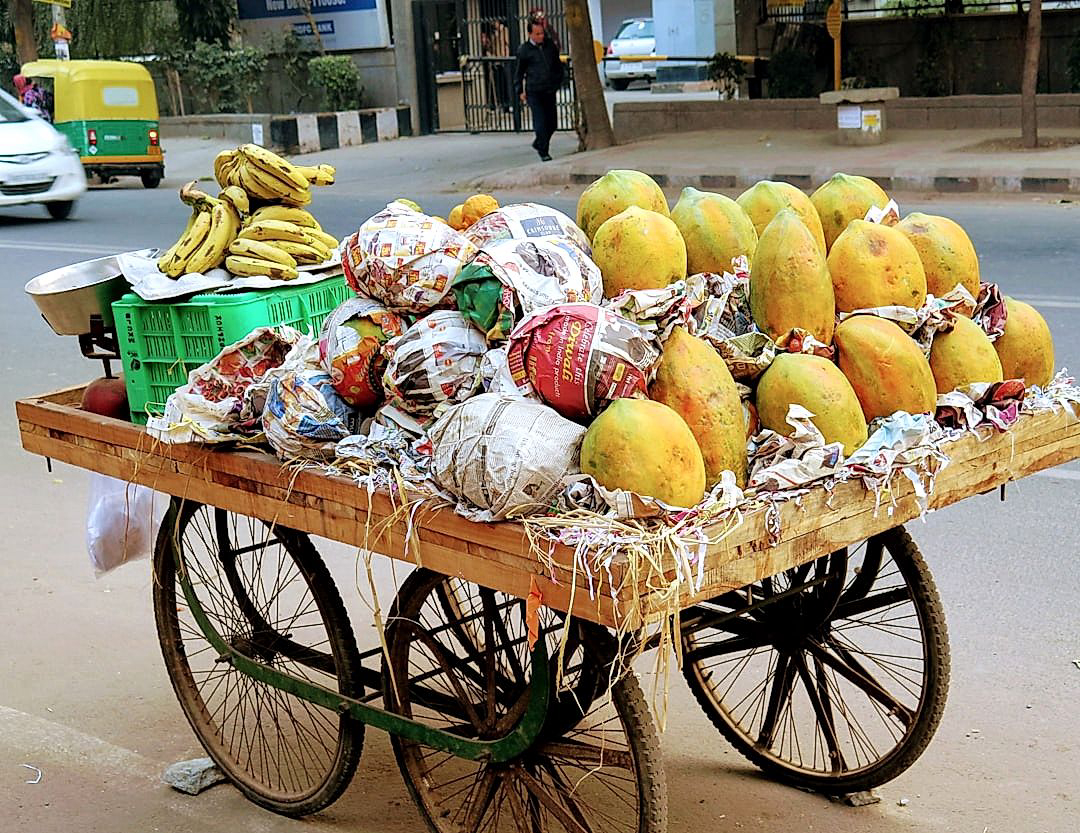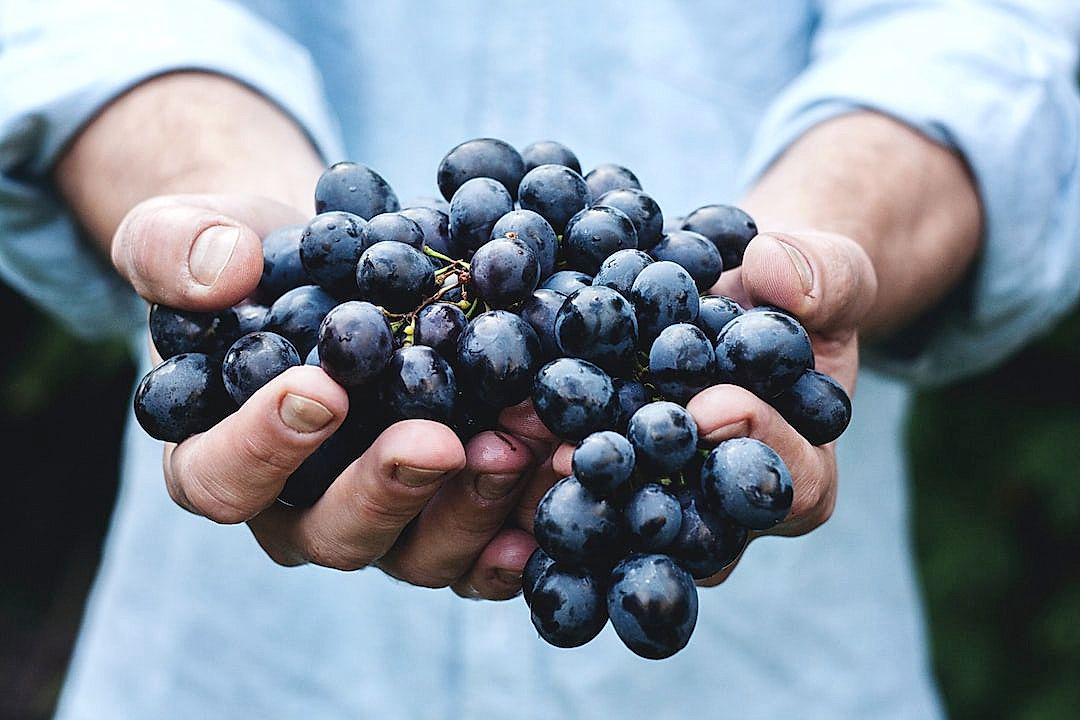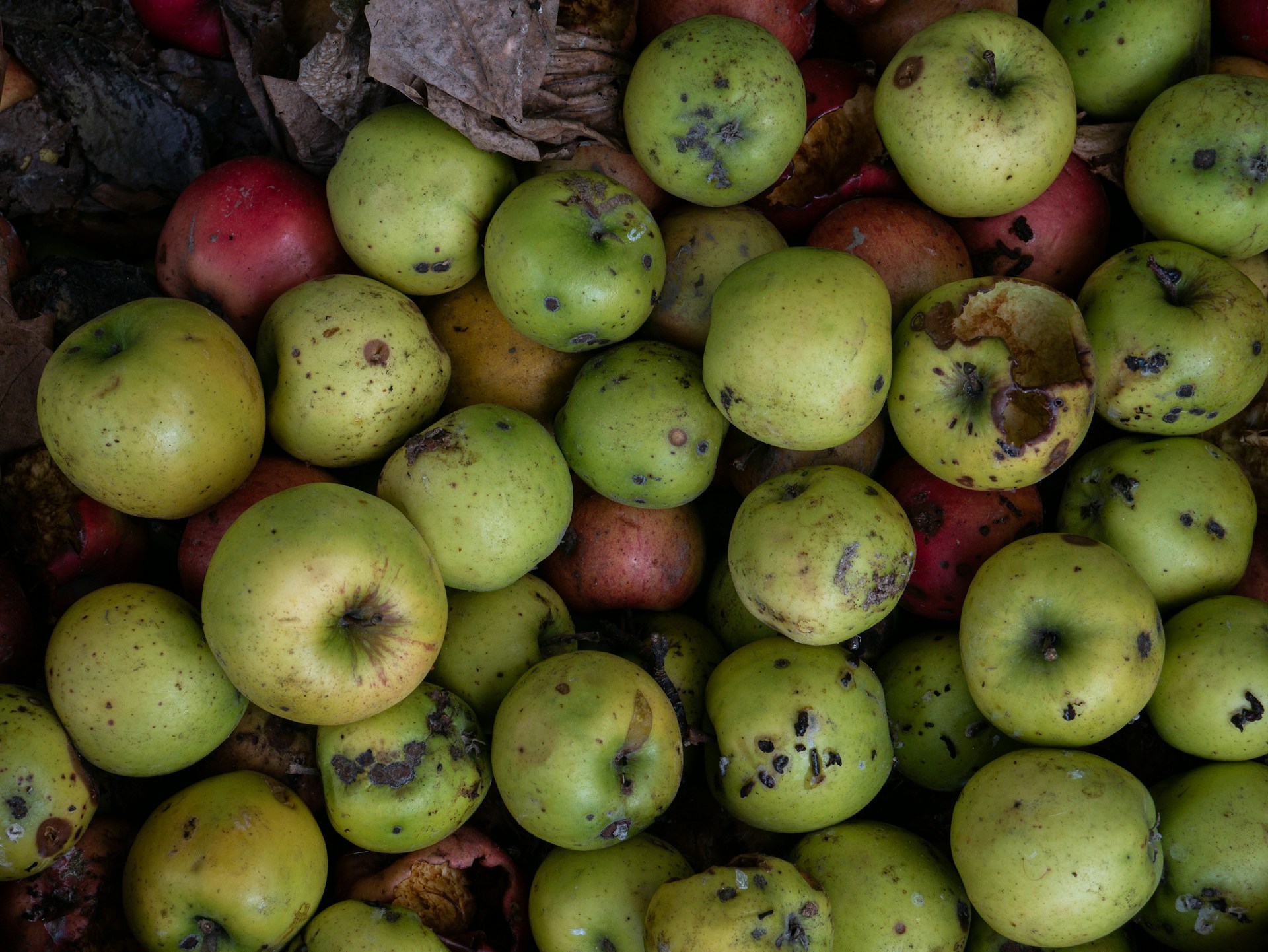The credibility of any produce packing business hinges significantly on its commitment to safety.
Safety certifications provide undeniable proof of this commitment, leading to improved trust and stronger relationships with clients and consumers.
However, securing these certifications is more than just a compliance duty; it serves as a powerful competitive differentiator.
Understanding what these safety certifications are and their respective implications is an essential knowledge area.
This blog aims to shed light on these crucial badges of credibility in the produce packing industry.
Moreover, we will delve into some of the key certifications that can significantly enhance a business’s safety reputation.
Contents
- Safety Certifications That Boost Produce Packing Credibility
- 1. Global GAP (Good Agricultural Practice) Certification
- 2. HACCP (Hazard Analysis Critical Control Point) Certification
- 3. ISO 22000: Food Safety Management Systems
- 4. SQF (Safe Quality Food) Certification
- 5. BRC Global Standard for Food Safety
- 6. PrimusGFS Agricultural Certification
- 7. USDA Organic Certification
- The Bottom Line
Safety Certifications That Boost Produce Packing Credibility
1. Global GAP (Good Agricultural Practice) Certification
As a globally recognized standard, the Global GAP (Good Agricultural Practice) Certification can undeniably boost the reliability and safety credentials of produce packing companies.
Primarily, the Global GAP Certification lays a solid foundation for food safety and sustainability in farming by setting voluntary standards for the certification of agricultural products around the globe.
In view of this, produce packing companies equipped with the Global GAP Certification can assure consumers that the products are not only safe but also cultivated sustainably.
Achieving this certification serves as a compelling evidence in showing a company’s commitment to meeting the highest standards of responsible farming and food safety.
Moreover, this certification is part of a broader initiative for sustainable agriculture, addressing environmental preservation, the optimal use of water and ensuring a responsible approach to worker health and safety.
Thus, Global GAP certified produce packing companies can enjoy numerous benefits ranging from reinforced consumer and business confidence, increased access to markets, to the fulfilment of legal requirements.
The Global GAP body covers a wide range of agricultural products, including fruits and vegetables, which needs to adhere to its Integrated Farm Assurance (IFA) standard that enforces stringent hygiene and safety requirements in harvesting and packing.
By integrating a holistic approach to farming, the Global GAP IFA standard certifies not just the product but the whole production process from farm to market.
Through an annual audit, produce packing companies with Global GAP Certification ensures continual improvement and conformity to the standard’s comprehensive safety and quality criteria.
It’s noteworthy that the Global GAP Certification has a wide acceptance amongst the global retail sector, with a growing number of retailers and supermarkets requiring suppliers to have such certification.
Therefore, earning a Global GAP Certification doesn’t just improve the packaging operations’ safety credibility, but it can also provide a competitive advantage in terms of market access and preference.
Additionally, an element that sets Global GAP apart from other certifications is its emphasis on the use of Good Agricultural Practices that safeguard natural resources and respect the rights and well-being of workers.
The Global GAP Certification, with its strict standards, continuous updates to reflect new scientific findings and wide acceptance in the global marketplace, represents a powerful tool for produce packing companies.
Finally, as consumers are becoming more conscious about food safety, a Global GAP certification offers a credible and transparent assurance that the produce has been grown and handled in a safe and sustainable manner.
2. HACCP (Hazard Analysis Critical Control Point) Certification
The HACCP Certification, also known as Hazard Analysis Critical Control Point certification, is a vital safety certification within the food industry.
It was originally developed by NASA to ensure the safety of food for astronauts in the space, but today its application extends far beyond.
Implementation of the HACCP system can aid in strengthening the credibility of produce packing, as it ensures a systematic preventive approach to food safety.
It is a process control system designed to identify and prevent microbial and other hazards in food production.
These hazards could include biological, chemical, or physical hazards.
HACCP helps to ensure the safety of the packing process by continuously identifying and controlling these potential hazards.
Notably, HACCP refers to a system that recognizes that a perfect product can be achieved by analysing, and then controlling, the various steps and processes in its preparation.
Verification of HACCP systems is carried out by an independent, third-party certification body, showcasing the credibility of the certification.
Upon achieving this certification, a produce packing company can demonstrate a strong commitment to food safety.
This in turn can boost the company’s reputation and standing in the industry, giving them a competitive advantage.
About the entire process, it must be noted that the HACCP certification is not a one-time event, but a continuous process.
Compliance must be maintained and verified periodically by ongoing audits in order to maintain the certification.
The complexity in implementing HACCP grows as the size and variety of the operations increase, but the end result – customer satisfaction and safety – is worth the investment.
The backbone of HACCP is its seven principles, which include conduct a hazard analysis, identify critical control points, establish critical limits, create procedures for monitoring critical control points, create corrective actions, procedures for verification, and create record-keeping procedures.
These principles, when properly implemented, guarantee the reduction of food-related risks and enhance the credibility of the packing process.
All types of organizations, irrespective of their size or the nature of the business, can use HACCP to improve the standards and safety of their product.
3. ISO 22000: Food Safety Management Systems
The ISO 22000: Food Safety Management Systems upscales the standards of food safety in the produce packing industry.
This international standard was established by the International Organization for Standardization to ensure the safety and quality of food products from farm to fork.
ISO 22000 goes beyond just packaging safety, it covers all aspects of the food supply chain, from raw materials, production processes, to distribution and consumption.
One of the key advantages of ISO 22000 is that it can be applied to any organization in the food chain, regardless of their size or complexity.
The basis of ISO 22000 lies in its systematic approach to managing food safety hazards through a Hazard Analysis and Critical Control Point (HACCP) plan.
This plan identifies potential food safety hazards, controls to prevent occurrence, monitoring procedures, and correction actions to rectify any breach in food safety.
By incorporating ISO 22000, the produce packing industry can proactively mitigate risks related to biological, chemical, and physical hazards in food at all stages of the supply chain.
Apart from food safety, ISO 22000 also places emphasis on communication, systems management, and prerequisite programs.
These are vital elements for an integrated system that enables an organization to efficiently manage food safety risks and provide safe products for consumers.
The ISO 22000 certification process involves an independent audit by a certified body, ensuring that the organization’s Food Safety Management System complies with the requirements of the standard.
Upon successful completion, the organization receives an ISO 22000 certificate valid for three years, subject to annual surveillance audits.
The certification not only enhances the credibility of the produce packaging company but also instills consumer confidence in the safety of their food products.
Ultimately, with ISO 22000 certification, organizations in the food supply chain can effectively ensure the safety, integrity, and quality of food products delivered to the consumers.
Thus, ISO 22000: Food Safety Management Systems is a crucial safety certification for boosting the credibility of the produce packing industry.
4. SQF (Safe Quality Food) Certification
The SQF (Safe Quality Food) Certification is a comprehensive certification offered by the SQF Institute that is globally recognized for its meticulous food safety standards.
This certification is designed to assure customers that a supplier’s food safety plans, policies, and procedures have been audited by a credible certification body and found to be comprehensive and effective.
Any organization in the produce packing industry seeking to improve their standards and credibility to their customers should consider the SQF Certification.
The SQF Certification not only boosts the credibility of the produce packer but also increases their customers’ confidence in the safety and quality of their products.
An organization can achieve the SQF Certification by successfully passing an audit conducted by a licensed SQF Certification Body.
The audit involves a thorough examination of the organization’s food safety and quality plans, procedures, and documentation to ensure compliance with the SQF standards.
There are different levels of SQF Certification that an organization can pursue based on their individual needs and capabilities.
The primary level, SQF Fundamentals, is for small to medium-sized suppliers and provides a first stage in implementing a Food Quality Plan.
The Intermediate level, SQF Food Safety Code, covers a supplier who needs to demonstrate their ability to control food safety hazards in their operation.
The most advanced level is SQF Food Quality Code, designed for suppliers who need to demonstrate both food safety control and a systematic approach to managing food quality.
Not only does the SQF Certification provide credibility to a produce packer’s customers, but it also allows suppliers to meet the criteria of the Global Food Safety Initiative (GFSI).
Being GFSI-compliant is a significant achievement for many suppliers, as it assures large and multinational customers that the supplier’s food safety plan is on par with global standards.
Finally, the SQF Certification program has a robust supportive infrastructure, including an e-learning platform and technical support to aid suppliers in successfully achieving and maintaining their certification.
This ensures that organizations are not left in the dark as they work towards their SQF Certification and can effectively maintain their certification status into the future.
Ultimately, securing an SQF Certification can greatly enhance a produce packing organization’s public image, instilling faith in their food safety procedures and improving their overall reputation in the industry.
5. BRC Global Standard for Food Safety
The BRC Global Standard for Food Safety is an internationally recognized standard that focuses on ensuring that food products are safe, legal and of high quality.
This certification is fundamental for any food-producing organization desiring to provide assurance to customers about the quality, safety and legality of their produce.
The certification is given only after a detailed assessment of the company’s premises, operational systems and procedures by a highly trained, BRC-approved auditor.
The auditor assesses a variety of areas, including the company’s hazard and risk analysis procedures, its food safety and quality management systems, and its approach towards managing and minimizing contamination risks.
Acquiring the BRC Global Standard for Food Safety certification is a demonstration of a company’s commitment to consistently deliver safe and high-quality food to its customers.
Furthermore, the certification enhances a company’s reputation and credibility, making its products more attractive to retailers and consumers alike.
The BRC certification is globally recognized, meaning companies certified under the standard can operate in any part of the world without having to go through another food safety certification process.
Companies that achieve this certification have shown a strong commitment to food safety and a dedication to ongoing improvement of their food safety management systems.
The BRC Global Standard for Food Safety is based on the principles of HACCP (Hazard Analysis Critical Control Points), a systematic and preventative approach aimed at ensuring food safety.
The certification also recognizes the importance of food defense, food fraud prevention and the development of a food safety culture within the organization.
Moreover, the BRC Global Standard for Food Safety also implements a program to reduce the environmental impact of food production.
Having this certification promotes a culture of food safety in the organization and imposes a discipline and control over its food safety operations.
Furthermore, the certification provides a framework for managing product safety, integrity, legality and quality, and the operational controls for these criteria in the food and food ingredient manufacturing, processing and packing industry.
More importantly, achieving certification against the BRC Global Standard for Food Safety can reduce the frequency and cost of customer audits, as certification replaces any need for customers to conduct their own audits.
A common thread in these points is that BRC certification is not just about regulatory compliance but is a tool for continuous improvement and building trust with consumers.
6. PrimusGFS Agricultural Certification
The PrimusGFS Agricultural Certification is a globally recognized certification designed to enhance the operational standards and credibility of companies in the agriculture sector.
This certification scheme guides agricultural companies, particularly those in the produce packing industry, on how to maintain safety, quality, and integrity in their produce.
PrimusGFS certification applies a comprehensive approach, encompassing the entirety of the produce supply chain – from pre-harvest to post-harvest activities, ensuring an effective control of food safety and quality hazards.
PrimusGFS emphasizes on the principles of HACCP (Hazard Analysis Critical Control Points), which is a systematic and preventive approach to identify possible threats and critical control points in the process that are deemed crucial to control food safety.
It is a GFSI (Global Food Safety Initiative) recognized scheme, indicating its high level of acceptability and trustworthiness in the global food industry.
Getting PrimusGFS certification enhances a produce packing company’s credibility, as it provides assurance to stakeholders, including customers and regulatory authorities, that the company meets internationally accepted food safety standards.
The certification process involves an audit carried out by certified Primus auditors , who evaluate the company’s compliance with the applicable standards.
The scope of PrimusGFS certification covers all areas of a produce packing business, including good agricultural practices (GAP), good manufacturing practices (GMP), and Hazard Analysis and Critical Control Points (HACCP).
Similarly, PrimusGFS certification also evaluates the food safety management system (FSMS) of the company, including the effectiveness of its implementation, documentation, and continuous improvement activities.
The strength of PrimusGFS certification lies in its rigor and thoroughness, its wide scope ensures that any organization obtaining this certification has done extensive work to ensure the highest level of food safety possible.
Given the steadily increasing consumer concern over food safety, as well as the intense competitiveness of the global foods market, adopting the PrimusGFS certification standard is a strategic move to ensure consumers trust and businesses’ success.
With this certification, a company henceforth sends a strong signal to buyers and consumers about its commitment to safe and quality produce.
Certification may also open new markets for the company, as the PrimusGFS certification is recognized worldwide, it can hence become a major boon for those looking to trade globally.
The PrimusGFS certification is a testament to a produce packing company’s dedication to uphold safety standards and maintain the quality of its produce.
This, in turn, builds consumer confidence and loyalty, which can have a positive effect on a company’s market share and profitability.
7. USDA Organic Certification
The USDA Organic Certification is a globally recognized food safety certification that assures consumers the product was grown, processed and handled according to strict organic standards.
This certification is overseen by the United States Department of Agriculture (USDA) and is mandatory for any product marketed as organic in the United States.
It is primarily focused on promoting sustainable agricultural practices such as conserving biodiversity, maintaining soil quality, and reducing the use of synthetic fertilizers and pesticides.
Achieving USDA Organic Certification can be a rigorous process that requires a deep commitment to organic practices and transparency.
It requires the farmer or producer to undergo a rigorous evaluation process which includes comprehensive on-site inspections and a thorough review of the farming and handling processes.
Only products produced using approved methods and substances are eligible to obtain the USDA Organic Certification.
These methods emphasize the preservation of ecological balance and the conservation of biodiversity.
Furthermore, the certification requires that producers avoid the use of almost all synthetic materials including pesticides and antibiotics, during farming to align with strict organic standards.
A comprehensive organic system plan outlining practices and substances used in production must also be submitted to and approved by an authorized USDA agent.
Once certified, producers and handlers are allowed to use the USDA organic seal on their products, a highly recognizable symbol that may boost sales and overall brand image.
This certification requires routine yearly inspections to ensure continued adherence to the organic standards, in some cases, additional unannounced inspections may be done.
Earning the certification not only ensures produce safety, but it also increases the overall credibility of the product and can provide a competitive edge in the market.
USDA Organic Certification requires a significant upfront investment in both time and resources, making it a symbol of a company’s commitment to ethical, high-quality, and safe agricultural practices.
Finally, it’s also worth noting that while the USDA Organic Certification provides multiple benefits, it’s not the only measure of sustainable or safe agricultural practices, and many farmers supplement it with other safety and sustainability certifications and practices.
The Bottom Line
Solidifying food safety and quality standards through certifications has become essential for businesses operating in the food sector.
The certifications like Global GAP, HACCP, ISO 22000, SQF, BRC Global Standard, PrimusGFS, and USDA Organic not only enhance the credibility of the products in the global market but also ensure that they meet the necessary safety and health regulations.
These certifications provide businesses a definitive roadmap for maintaining hygiene and safety, thereby gaining consumer trust and potential growth in business.
Through them, companies can demonstrate a commitment to food safety, thereby fostering trust with customers, suppliers, and regulators alike.
Therefore, obtaining these certifications is not just a strategic approach for marketing but a fundamental necessity for any food industry business aiming for long-term success.




